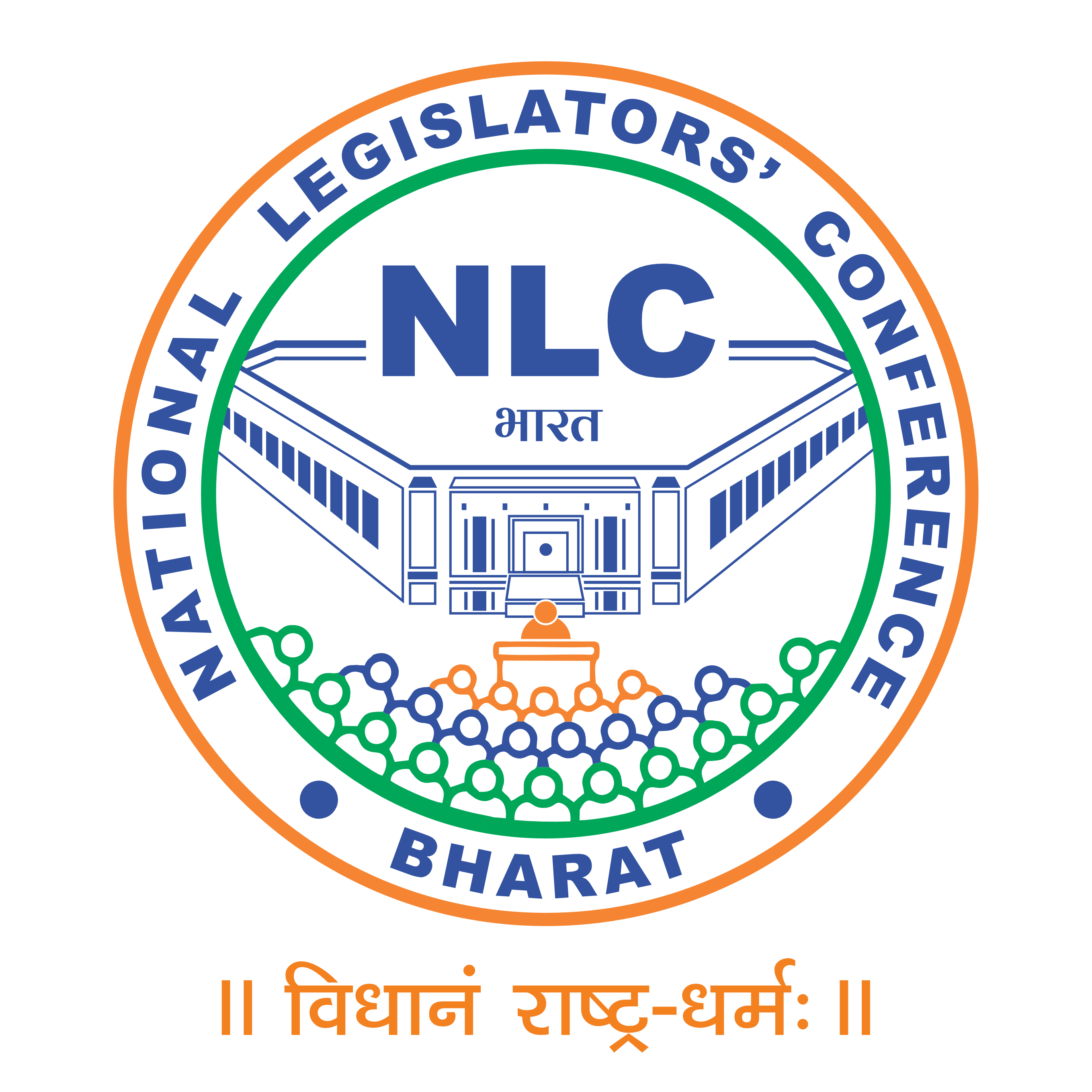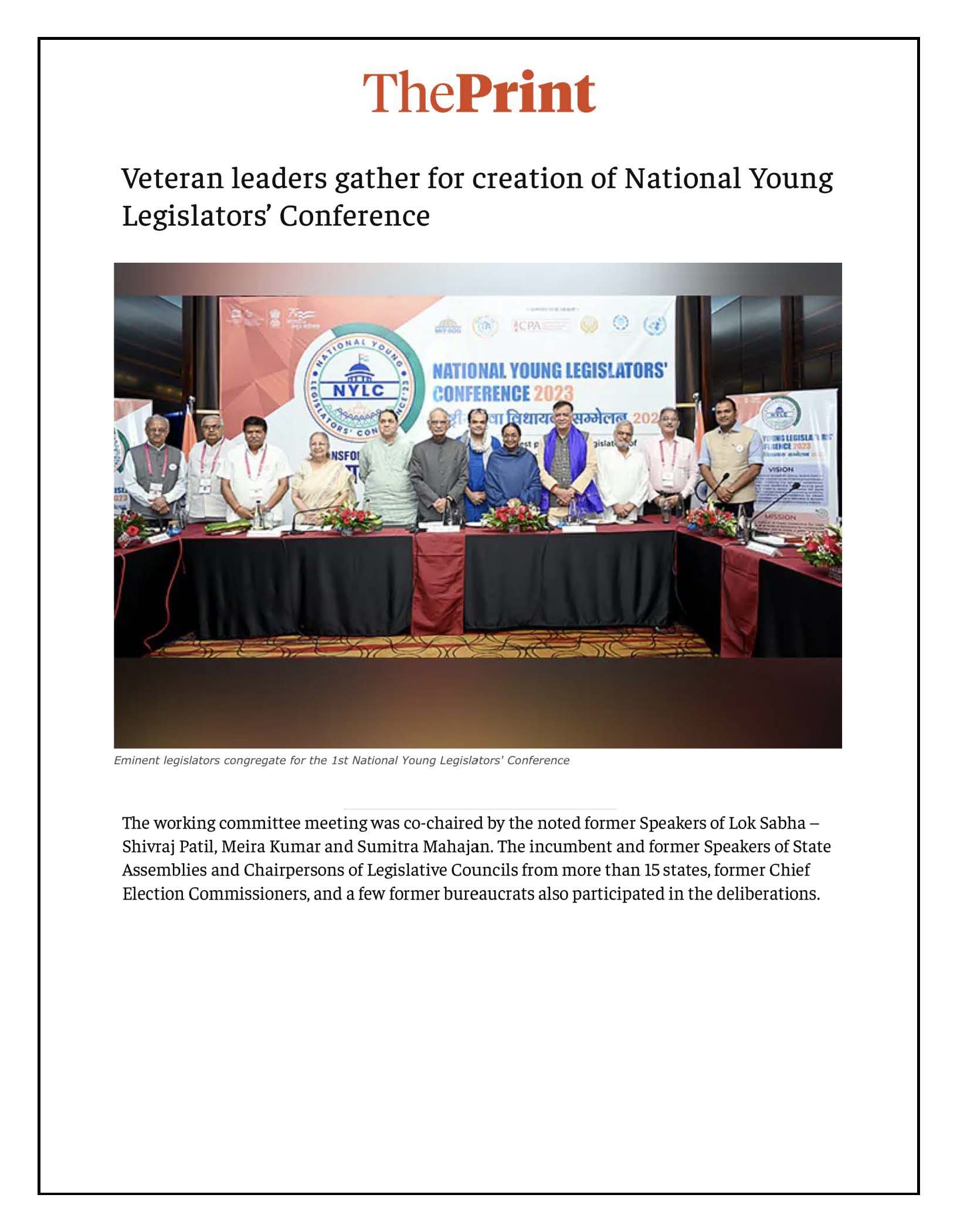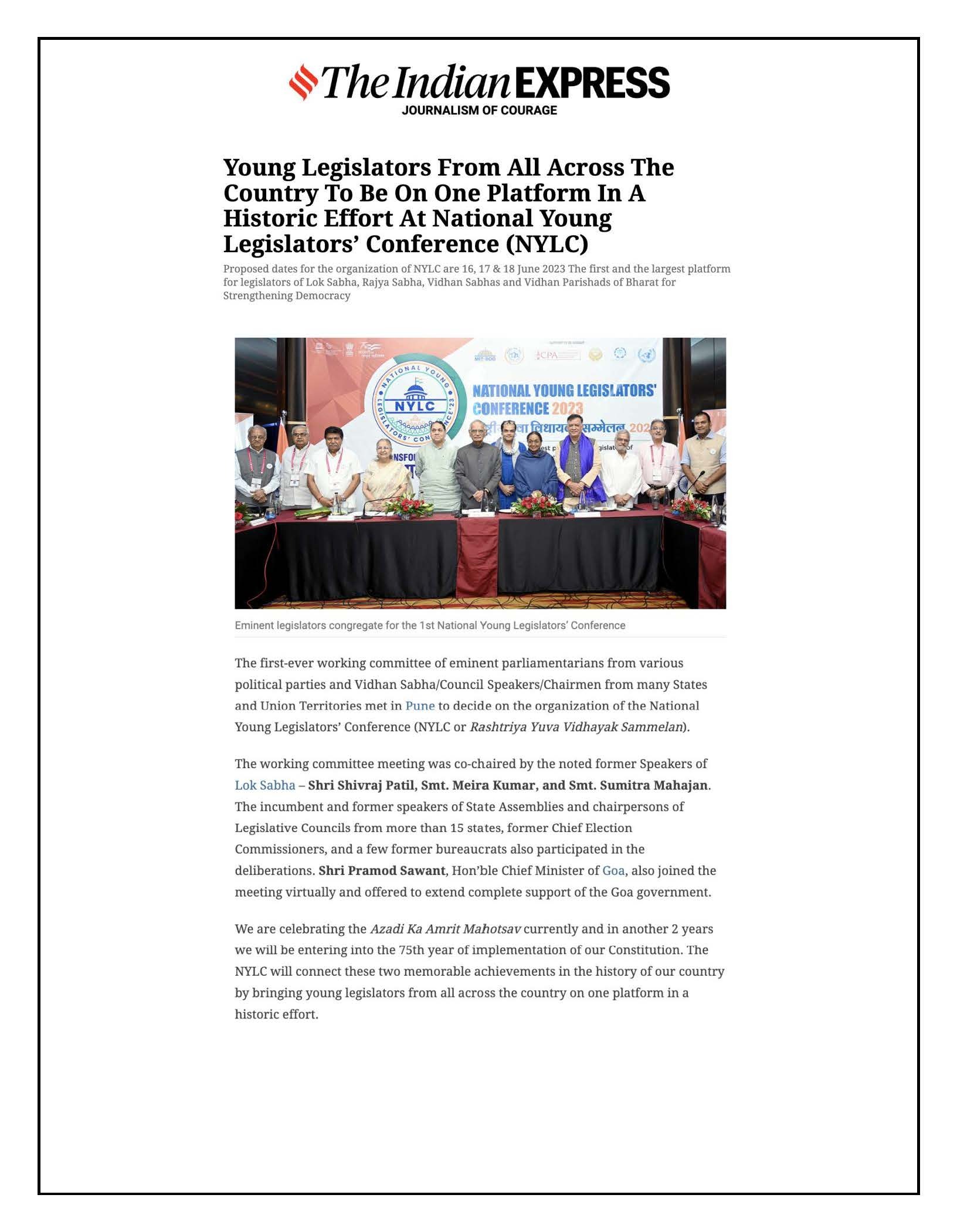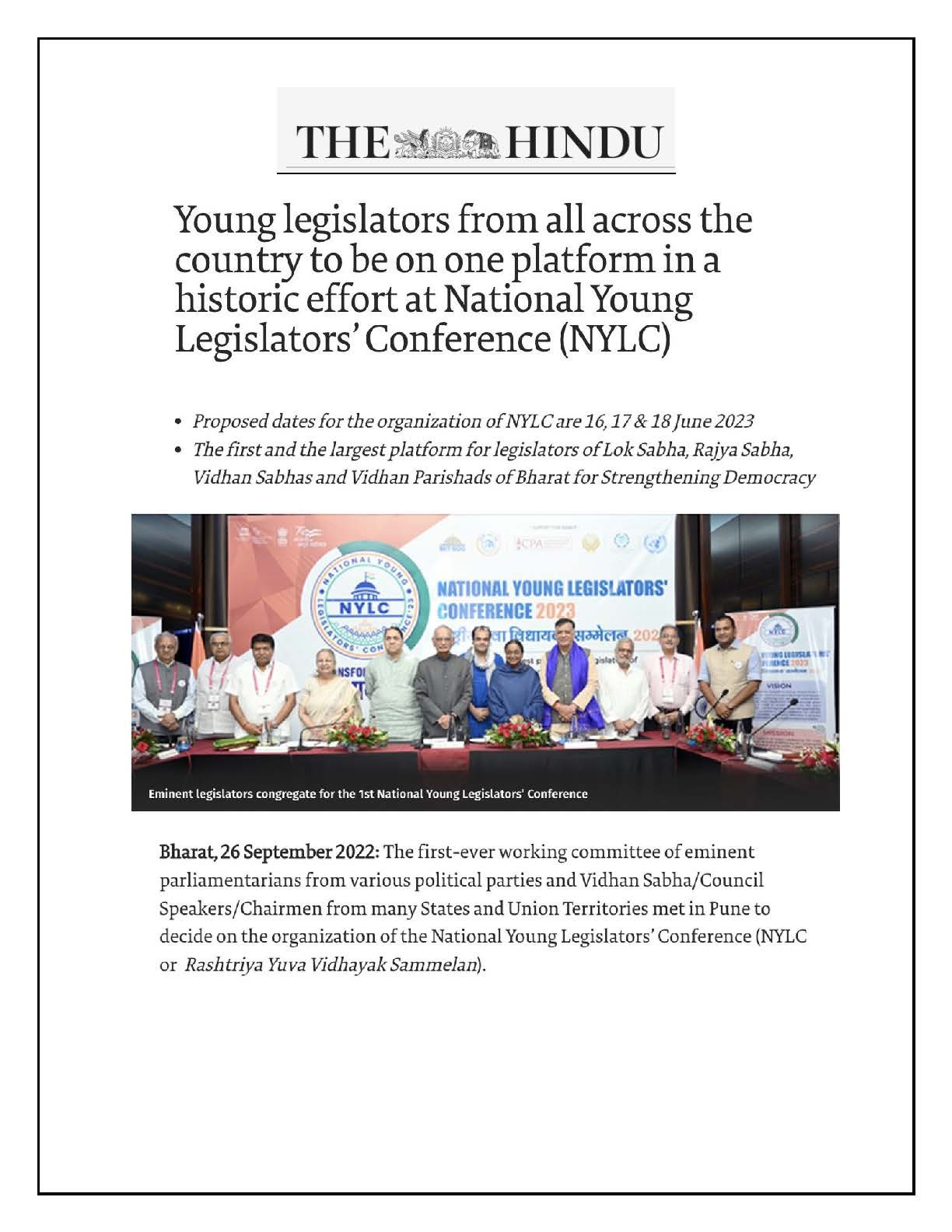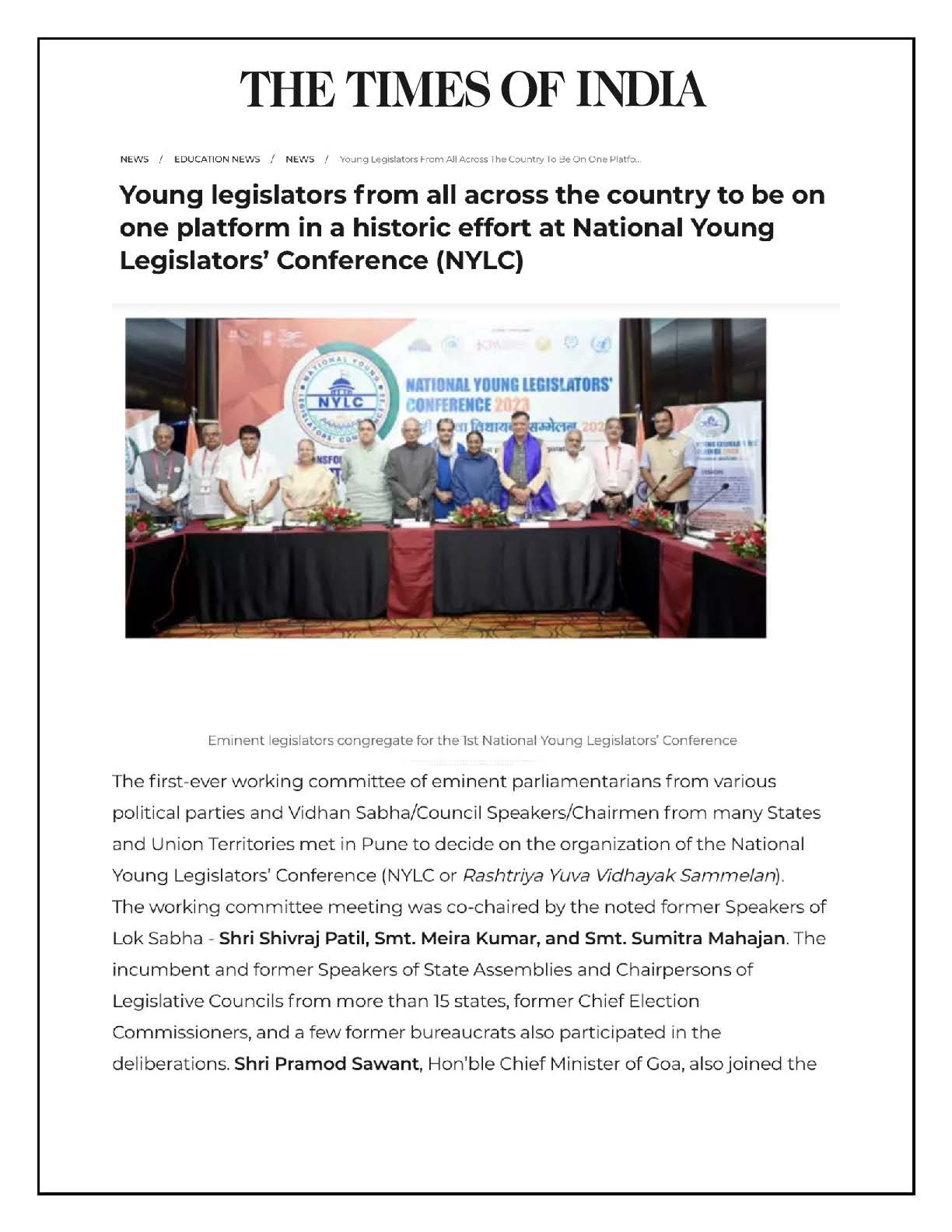One of the most crucial abilities for a politician to learn is legislative debating, which has the power to influence and transform policies, and policy-makers. A compelling debate is likely to engage the House members on an emotional level. Additionally, debates inside the legislature may even have an electoral appeal to the voters. Politics and legislative debates work together harmoniously. A high degree of deliberation inside the House on public policies is essential for politics to maintain a dialogue with the populace, inspire optimism, and mobilize public opinion. Legislative Debates should frequently exhibit a solid, frequently profound awareness of world history, economics, Indian society, and Indian politics. Legislative discussions nowadays must also take into account both foreign policy and the national spirit. References to literature that demonstrate a lawmaker’s comprehension and knowledge should be a part of the legislative debates. Some of the most effective debates inside the chamber also demonstrate skillful use of data, reports from various commissions, or the annual budgets of the Union and State legislatures. Last but not least, legislative debates need to be infused with a sense of obligation and the delegates need to come across as aware that they are setting standards in society.
The whole idea of parliamentary democracy revolves around Accountability, Responsibility, Transparency, and Informed decision-making. But the state of affairs in our legislatures does not bode well for our society as a whole. The Assemblies frequently run out of time to discuss matters that call for prompt action. The State Assembly’s procedural standards are deteriorating, and unwarranted disruptions are paralyzing our democracy. For many members who desire to take the initiative to think creatively and outside the box, party whip functions as a barrier. While speaking in the House and criticizing the ruling party, one should use parliamentary language and not use derogatory language, for that it is necessary to know the structure, powers and functions of the legislature.
Training in Parliamentary Procedures is very important for elected members of the legislature. MLAs need to know about the privileges and special powers, given by the Indian Constitution. For example, how to table a motion for breach of privileges and how to raise important issues in the zero hour. They should aware of the socio-economic structure of their constituency very well. Also, it is necessary for the members to know how to raise the key questions of the people of their constituency in the legislature.
MLAs should plan well how much money the government has allocated for their constituencies and how to spend it. Wasteful expenditure should be avoided and efforts should be made to reach as many people as possible. MLAs should not waste the valuable time of the House in meaningless discussions and should make proper use of it to contribute to the decision-making process as well as the policy-making process.
Looking back, we can claim that the Parliament has a long history of producing outstanding debaters. Indira Gandhi, Ram Manohar Lohia, Piloo Mody, Atal Behari Vajpayee, and Dinesh Goswami are some notable figures. It is now necessary for us to revive the adage “vade, vade tatvasiddhia” and excel in legislative debates by holding thoughtful discussions on matters of public importance in Legislative Assemblies/ Councils.
- The participants in this session can address the following questions during the discussions:
- Should the opposition be included in determining the House’s daily agenda?
- Should there be a law mandating minimum number of days of obligatory legislative sitting?
- Is it time to recruit legislative assistants with the necessary skills through competitive exams to support MLAs in their legislative duties?
- Do standing committees in legislatures need to be reinstituted?
- Is it necessary to educate legislators about the legislative process? If so, how can they be made more sensitive?
- Live telecast all proceedings of all state assemblies
- Citizens should collectively demand mandatory disclosure of the text of legislative debates and questions on assembly websites by all states under the RTI Act, 2005.
- Involvement of various stakeholders and beneficiaries during the drafting of state laws:
